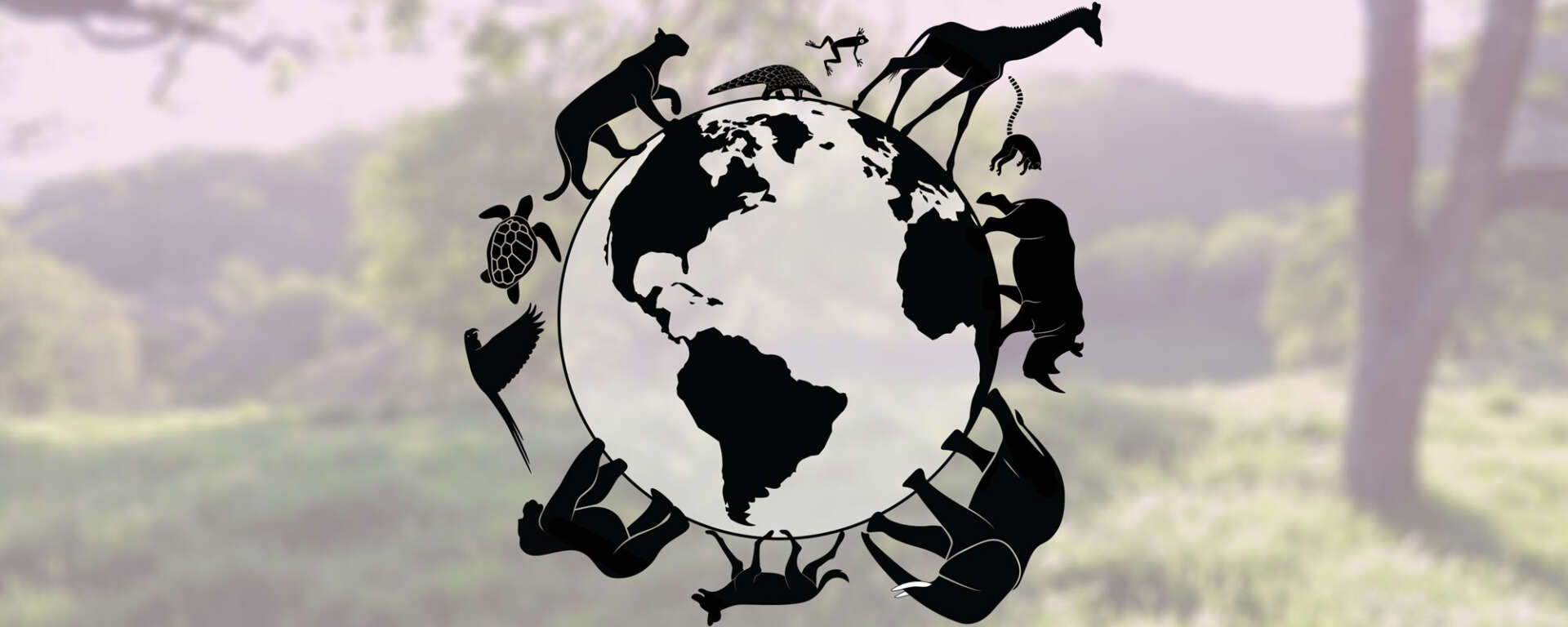Research, Education, and Conservation
Three Words to Change the World!
Since opening our doors in 1993, Safari West has pursued three critical goals; research, education, and conservation. Through the dedication and passion of our employees and a lot of hard work, we’ve been able to chase these aims across the globe.
Our research efforts strive to understand better the species in our care as well as the environment around us. In education, we encourage active learning for all Safari West guests and students of all ages. And in conservation, Safari West continues to try and promote a sustainable and diverse planet, at home and abroad.
Research at Safari West takes multiple forms. Through our internship program, students can join the team and participate in Ethological (animal behavior) projects that help us care for the individuals in our collection.
With a focus on conservation through education, disseminating knowledge through guest and student interactions is a top priority for us with the primary educational outlet being the safari tour. Emerging insights in the fields of wildlife biology and conservation are incorporated into our ever-evolving tour curriculum, intending to create a space for discussion and discovery. Beyond our safari tours, we host school field trips. Our non-profit, Safari West Wildlife Foundation’s mission is to create wildlife advocates through conservation education.
The Safari West Wildlife Foundation is a 501(c)3 non-profit corporation; tax ID# 91-1837240 and is a separate entity from Safari West, Inc., which is a for-profit corporation.
Ultimately, our efforts culminate in conservation action. The term conservation is commonplace in our times. It embodies a drive towards protection, preservation, and, occasionally, restoration of the natural world around us. Such a multifaceted undertaking is inevitably approached in a variety of ways and at Safari West we attempt an involvement in as many conservation outlets as possible. This includes financial support to programs worldwide, advocacy and education for the future, advancing sustainability efforts in-house, and actively working towards preservation and restoration goals in our own backyard. Check out our Calendar for the upcoming Conservation Dinner Series where conservationists get the opportunity to talk to our guests after dinner about their current projects in the field in our Elephant Room.
In the end we will conserve only what we love, we will love only what we understand, and we will understand only what we are taught.
-Baba Dioum

